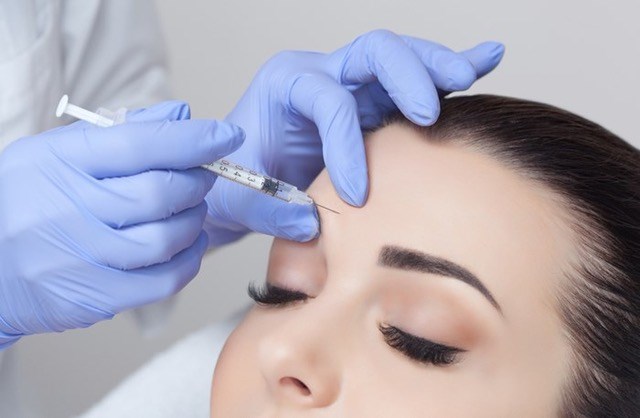Medical aesthetics is one of the fastest growing sectors in healthcare. As it expands rapidly, competition in the marketplace grows fierce. Clinics and spas work hard to keep their existing clients while trying to attract new clients while new clinics and medspas are opening all the time. In the mad rush to attract and keep customers, many clinics/spas resort to offering deep discounts.
Since aesthetic services such as neurotoxin (Botox, Xeomin, Dysport etc) and dermal fillers (Juvederm, Revanesse etc) are expensive and may need to be done regularly, cost can become a significant barrier to access. Thus, a deep discount can be attractive. However, deeply discounted pharmaceutical products, or medical procedures should make you think twice.

When was the last time your dentist had a sale? Has your massage therapist offered you a discount? Did your hair stylist do your colouring for free on a flash sale? Does your physiotherapist ever have a BOGO? Has your prescription dispensing fee ever been marked down for a month? In fact, has your manicure or pedicure gone on sale lately?
As a rule, drugs, medical procedures, and personal care services have a set fee and most people accept the fee as the cost of those treatments. And yet, despite this fact, many medical aesthetics providers regularly offer deep discounts on invasive procedures and personal service treatments to attract customers. Clients have come to expect this is normal.
.jpeg;w=960)
Why is it happening in aesthetics and not other areas of personal service/healthcare? It’s happening because:
- aesthetics is generally unregulated; many poorly qualified practitioners are able to offer services at the same price as qualified practitioners which upsets supply versus demand
- suppliers of aesthetic drugs/products recommend pricing but rarely enforce it (in fact skin care suppliers are more likely to insist on discount limits than pharmaceutical companies)
- services are privately purchased (not insured) thus pricing is driven by market forces
- some clinics are run by healthcare providers (patient focused) and others by businesspeople or even private equity investment groups (profit focused) and the cultures clash
Not only is this inappropriate, but deep discounting also sets up some potential risks for clients.
For example, if that neurotoxin is discounted from $11/unit to $7/unit, a knowledgeable client needs to ask a few questions:
- Is this my usual or name brand product I’m being treated with? (ask to see the bottle from which the dosage was drawn if you don’t know the provider well)
- Are there any catches? Do I need to make a minimum purchase or use a minimum number of units in my treatment to get that price?
- Is this drug/product within its expiry dates? (neurotoxins and dermal fillers have expiry dates)
- If this product needs to be reconstituted at a certain dilution, do I know and trust the clinic/medspa providing the treatment so I can be certain it has been reconstituted properly? (ie. not diluted)
- Can I have my usual treatment dosage, or will I be required to meet a minimum number of units requirement which more than my usual amount?
- Will I have to join an email list or otherwise subscribe to access the discount? Will my information be shared with a call centre? Or otherwise shared for marketing purposes?
- Do I actually need this treatment? Will I benefit from it or am I wasting my money? Will the provider be honest in assessing this?
- Does the provider employed by the clinic/medspa have a sales quota or goal they are trying to reach? Will this influence their clinical recommendations for me?
Aesthetics is both medical and personal service. It makes sense to treat it like you would any other medical or personal care service you currently purchase (dental, optometry, physio, massage, facials, hair stylist, mani/pedi etc). Care should be patient-centered and not sales/profit driven.
Choose a provider carefully (ideally through referral from friends, family, colleagues). Be certain you trust in the care your aesthetic clinic/medspa is providing. Expect name brand product and services at a consistent and fair price. If you’re happy, stick with your provider. It will ensure continuity of care which optimizes treatment results.
For more information, visit artmed.ca or email [email protected].
.jpeg;w=640)